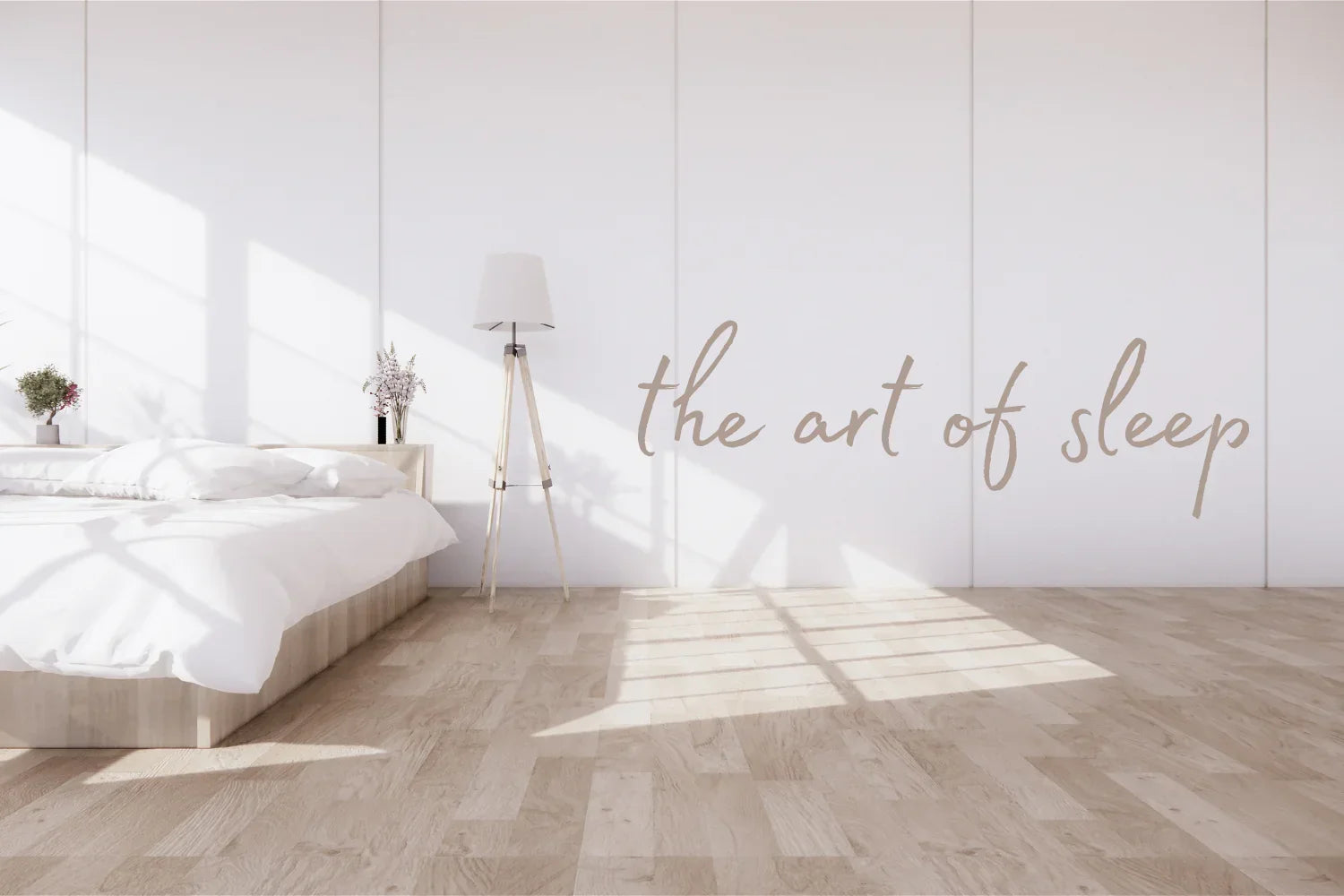In the relentless pace of modern life, sleep often becomes the first casualty. We adjust our diets, invest in fitness trackers, or gulp down magnesium—but what if the missing link to restful sleep lies in the arrangement of your space? Enter Feng Shui, the ancient Chinese practice of harmonizing your environment to promote balance, flow, and well-being. While it may sound esoteric, many of its principles align with today’s wellness trends and environmental psychology.
So, can the orientation of your bed or the placement of a mirror really change your sleep quality? Let's explore.
What Is Feng Shui, Really?
Feng Shui (pronounced “fung shway”) literally means "wind and water." It’s based on the Taoist belief in Qi (or "chi")—the life force that flows through everything. By arranging your living space thoughtfully, you allow energy to move freely, supporting health, relationships, and yes, sleep.
Feng Shui doesn’t require you to believe in magic or throw out your furniture. It's about creating an environment that feels right—a space that supports calm, clarity, and rejuvenation.
The Commanding Position: Bed Placement 101
According to Feng Shui, your bed should be in the commanding position. This means:
- Your headboard is against a solid wall
- You can see the bedroom door while lying in bed (but not be directly in line with it)
- You’re not sleeping with your feet pointed directly at the door (this is called the "coffin position"—yes, really)
This position subconsciously signals safety. You’re in control. Your brain can relax, knowing it won’t be startled by something creeping up on you (even if that something is just your cat knocking over a lamp at 3 a.m.).

Avoid These Sleep-Sabotaging Layouts
While we’re at it, here are some Feng Shui no-no’s for your bedroom:
- Mirrors facing the bed: These are believed to bounce energy around the room, making it hard to relax. Some say they also reflect your soul while sleeping—cue the horror movie music.
- Clutter under the bed: That pile of shoes and mystery cords isn’t just collecting dust—it’s stagnating energy. Keep the space beneath your bed clean and empty if possible.
- Electronics in the bedroom: From a Feng Shui and scientific perspective, screens disturb sleep. Blue light disrupts melatonin; buzzing notifications destroy peace.
- Beds against windows: This offers less support and security. If unavoidable, use a sturdy headboard and heavy drapes to create a sense of grounding.
Nature, Materials & Air Flow
Feng Shui is deeply tied to nature, and your bedroom should reflect that. Here’s how to integrate the five elements:
- Wood: Add calming energy with plants or wooden furniture.
- Water: Soft blues and gentle curves mimic the flow of water, encouraging emotional balance.
- Earth: Ground your energy with stone, clay, or sandy-colored textiles.
- Metal: Brings clarity and precision—add subtly with picture frames or hardware.
- Fire: A little goes a long way. Think candles or warm lighting, not actual flames on your nightstand.
Also, don’t forget air flow—open windows often, avoid artificial air fresheners, and consider an air purifier. In Feng Shui, stale air = stagnant Qi.

Color Therapy Meets Feng Shui
Your bedroom color should reflect the energy you need most. For sleep, soft neutrals and muted tones are best:
- Pale blues: Calm and tranquil
- Warm grays or beiges: Cozy and grounding
- Lavender or sage green: Balancing and peaceful
Avoid bright reds, neons, or high-contrast patterns, which activate rather than relax your nervous system.
Symbols & Sleep Support
Feng Shui encourages intentional decoration. Here are a few ideas:
- Paired objects: If you're hoping to improve your romantic relationship, display items in pairs—like two matching lamps or two peaceful prints.
- Art that inspires calm: Mountains, water scenes, or abstract shapes in soothing colors promote restful energy.
- Crystals: While not traditional Feng Shui, many incorporate amethyst for calm, rose quartz for love, or black tourmaline for protection.

Feng Shui and Sound: The Forgotten Element
What you hear (or don’t hear) in your sleep environment can make or break your night. In Feng Shui, sound influences the flow of energy. Pleasant natural sounds—like rustling leaves, rain, or ocean waves—are believed to enhance harmony and relaxation.
But let’s face it: not all sound is soothing. If your Qi is disrupted nightly by snoring, city noise, or loud neighbors, your space can’t truly support restorative sleep.
That’s where SoundOff comes in.
Tuning Out Noise, Tuning In to Wellness
At SoundOff, we believe wellness starts with quality sleep. Our earbuds use proprietary pink noise—scientifically engineered to mimic soothing sounds of nature like ocean waves or wind in trees. It helps block out snoring, traffic, or other disturbances that throw your Qi off balance.
By combining ancient principles with modern tech, you can reclaim your rest and create a sanctuary that supports deep, uninterrupted sleep.
In Summary
Feng Shui may be thousands of years old, but its wisdom still applies today—especially when it comes to sleep. Small changes in your space can have a surprisingly big impact on how you feel, rest, and recharge.
Try repositioning your bed, clearing the clutter, embracing calming colors, and listening to what your environment is telling you. You might just wake up feeling more aligned—in body, mind, and Qi.

































